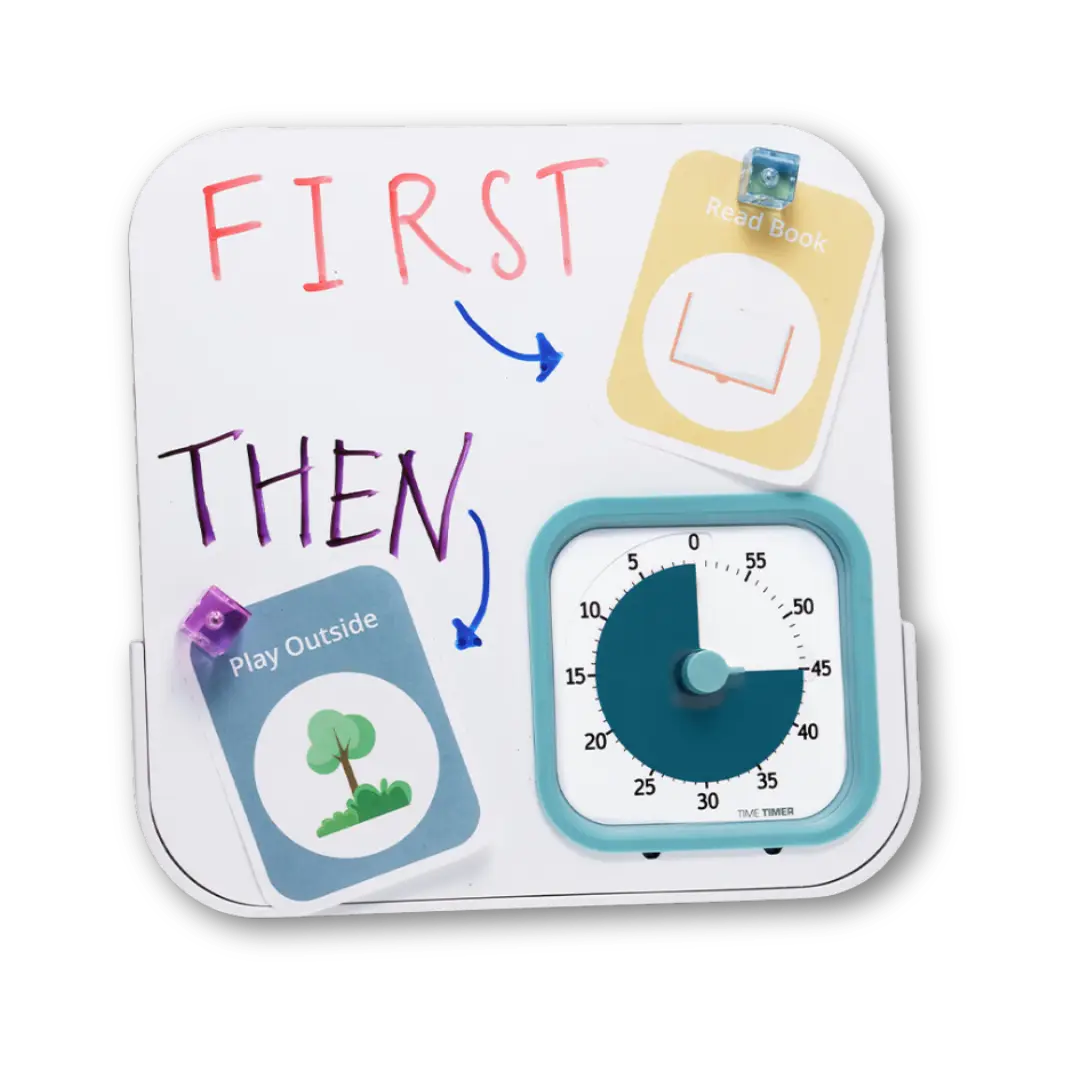
Applications now Open!
What if your child’s hardest moments weren’t something to fix, but something you could finally interpret?
The SIGNAL Parenting™ Program is an 8-week, guided experience for parents ready to stop reacting to behavior and start understanding what’s underneath it. You’ll learn to decode your child’s nervous system, respond with connection instead of control, and foster more regulation, confidence, and growth.
🗓 Apply by November 9th
🚀 Program starts December 2nd
Limited small-group spots available for families ready to follow the signal, and change their story.









Episode 128 was so insightful for me. Thank you! Recently in speech therapy my 6yo son asked to draw a picture to help him tell a story. This episode helped me understand that he has strong motor processing that I can use to bolster his slower verbal processing. Thanks again!